The most organic and healthiest diet for cows is one that consists primarily of grass & wild foods obtained when grazing on varied biomes. In the cattle sector, the majority of cows are nevertheless fed some grain. So, does grass fed beef smell different?
Quick Response
Does grass fed beef smell different? The aroma of beef that has been raised on grass as opposed to grain is likewise very different. Grass-fed beef has a grassy flavor and aroma.
Overview
There still are a few important questions that consumers frequently have regarding grass-fed beef. Usually, the first query is if the meat will flavor unusual. Is there a difference in the fragrance of grass-fed beef? This would be the next and typically more crucial question. The steak will probably taste differently if it looks strange, and besides.
Grain-fed Beef Vs Grass-fed Beef
Regular beef consumers are aware of the distinction between conventional and grass-fed meat. They frequently notice that the first one smells more earthy, chewy, or fishy than the latter.
Cattle raised on grass have very little fat than beef raised on grains. A novice to grass-fed meat might describe the flavor as somewhat chewy with hints of hay or grasses. An expert consumer of grass-fed beef could characterize the flavor as wonderful.
Because of their diet and way of life, cattle raised on grains usually produce beef with higher marbling. Marbling, which is defined as fat streaks that are “marbled” across a whole portion of beef, is typically seen as a sign of a high-quality steak. Although the fatty in beef that has been fed on grains is much more tasteless, it also gives the steaks a more delicate texture.
On the other hand, many consumers like the complete taste, leaner, and gratifying chew of meat from animals that were fed only on grass. This is particularly true for pastured cattle that lead active, robust lives.
Physical Characteristics Of Grain-fed Beef Vs Grass-fed Beef
Color
A significant variation in color can be seen if you visit a market that offers both grass-fed and grain-fed meat. Compared with well-marbled grain-fed meat, beef from pasture-raised animals is typically significantly deeper in color. Beef that has been fed on grains ought to have white or milky marbling. Whereas meat raised on grass is yellow.
Touch
It’s likely that the meats are past their peak and ought to be recalled to the shop if people seem sticky to your fingertips whenever you bring them home.
Now that these guidelines have been established let’s discuss our major topic.
Does Grass Fed Beef Smell Different?
Answer: Yes, in a nutshell.
There is a scent difference between grain-fed and grass-fed beef. Additionally, you will detect variances in flavor as well.
Why Does Grass Fed Beef Smell Different?
Because of the different diets of the two breeds of cattle, there is a variation in smell. Cattle that are fed on grass are frequently given a diet that contains more vitamin A as well as other important elements.
Conversely, calves that are given a diet made of grains often consume more calories and carbs. The two categories of cattle have different diets, which causes a variation in smell.
This is still debatable whether grass-fed cattle taste much better than grain-fed cattle, but there’s no denying that the two differ in terms of aroma. If you have a strong sense of smell, you may wish to stay with beef that has been fed on grains.
On the other hand, if you like to explore different things, you may wish to try grass-fed cattle.
What Distinguishes Beef Raised on Grass from Other Beef?
The terms “meaty,” as well as “gamey,” are frequently used to describe grass-fed beef, which means that it feels and smells more intensely chewy than the majority of proteins.
The amount of fat in meat typically has a significant impact on flavor. Muscle is not soluble in fat. Whenever the fat dissolves, it colors the muscles as it does so. Lower fat tends to be present in the muscles of animals that have been fed mostly on grass, giving the beef a more meaty flavor.
The nutritional value of grass-fed beef also distinguishes it in terms of flavor. It tastes like fish because it is higher in omega-3 fatty radicals. Antioxidants plus vitamins are also abundant in it.
Which Meat, Grain- or Grass-fed, Does Have the Superior Aroma?
Our perception of the aroma of a cow’s meat is ultimately influenced by its nutrition. It ends out, though, for the small percentage of people who could really genuinely recognize the difference, one’s experience of such a smell is a question of personal choice.
A cow’s last few months of life are spent being given a diet rich in grains, including soy, maize, corn residues, as well as other nutrients. This causes the cow to gain weight and become larger, giving off a “fatter,” less meaty odor.
Cattle that are fed on grass consume both grass and foliates. As a consequence of their slimmer muscles, they have a “meatier” odor that some individuals have compared to the smell of game meat.
Test Your Taste for Grass-fed Beef
Do you like the flavor of grass-fed versus grain-fed meat? The tasting challenge is provided below.
- Purchase two steaks—the grain-fed as well as a grass-fed animal with the precise identical cut. When cooking them, be sure to distinguish between the two.
- Throw them mostly on the grill with little more than a little salt and pepper. The objective of this experiment would be to keep things straight so that you can taste the beef’s natural tastes without being distracted by marinated or gravy.
- After browning them along both ends, roast them slowly to medium-rare by lowering the heat.
- Once they are really prepared, slice off a portion of each.
- Perform a blind test. A little bit of each, but don’t let on till you’ve given it some thought!
Conclusion
Does grass fed beef smell different? Please continue on if you’re new to consuming grass-fed meat and you’re noticing that the taste and scent are a little different. It is worthwhile!
Innumerable benefits of eating grass-fed beef include improved health, environmental protection, cow welfare, and more. After switching to a grass-fed diet, you might discover that you won’t be going back.
You May Also Like:
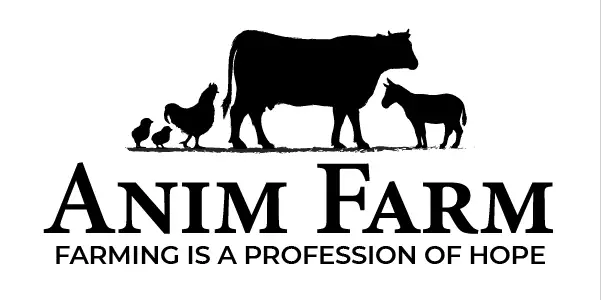
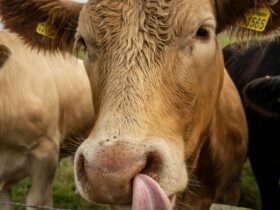
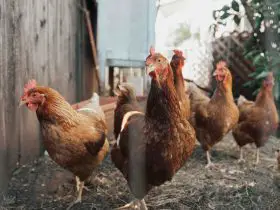

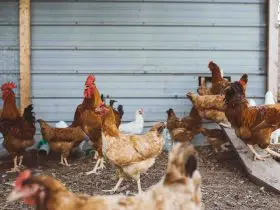
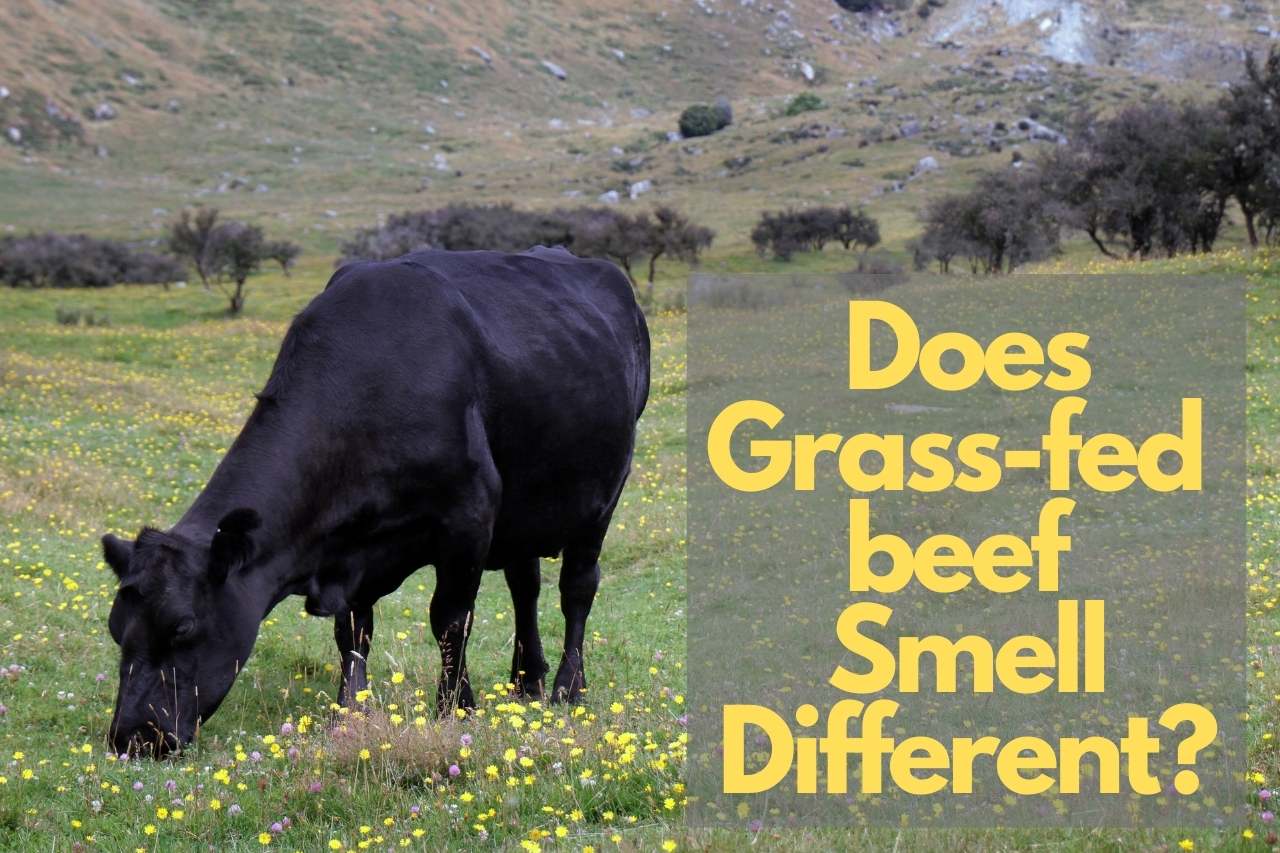
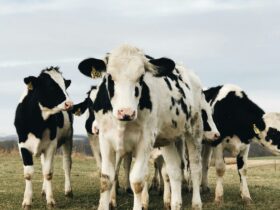


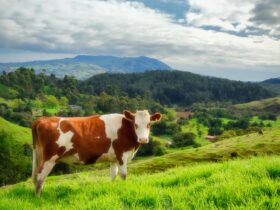
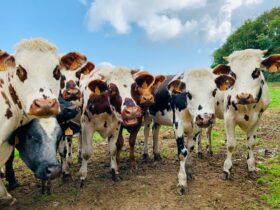

Hello!! Welcome to Anim Farm